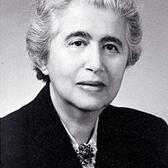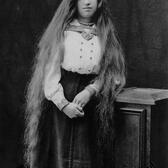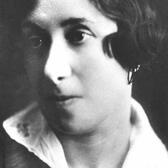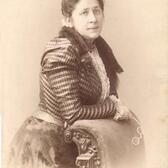Carole B. Balin
Rabbi Carole B. Balin, Ph.D., brings the Jewish past to life by blending storytelling with history. She is the first woman to earn tenure at the New York campus of Hebrew Union College. Chair of the Jewish Women’s Archive board, Carole speaks and publishes widely on gender and the Jewish experience. She is currently writing a narrative non-fiction book about shifting Jewish identities as told through the stories of bat mitzvah girls since the first in the U.S. in 1922.






